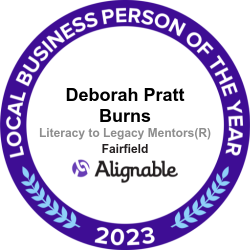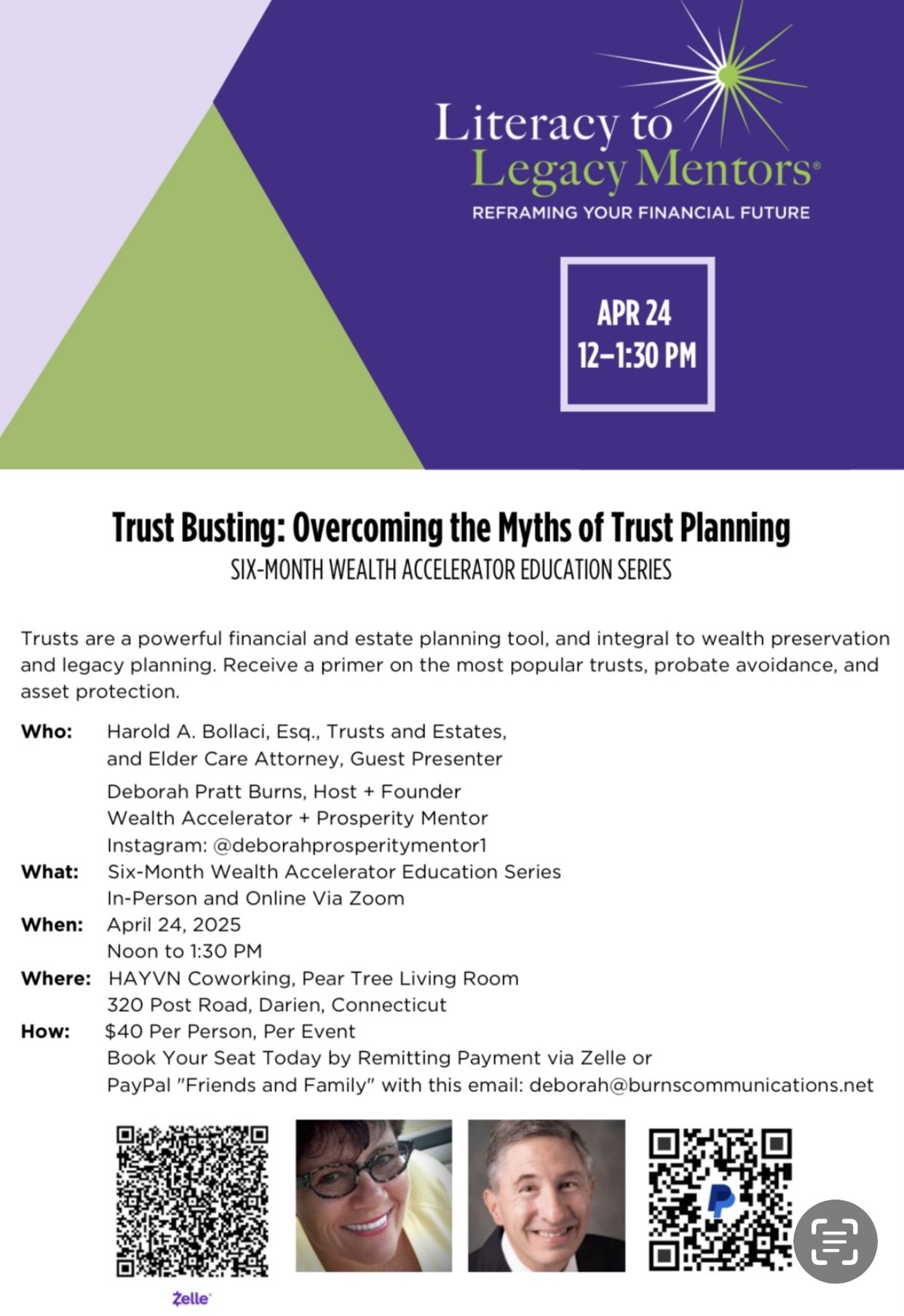What’s Involved in Estate Planning?

By Fred Bollaci, Esq.
There are so many important considerations when considering your estate beyond spelling out who gets what when you die. No two individuals, families, or estates are the same and a simple will does not begin to cover the bases, even in the simplest of circumstances. It is crucial to discuss and plan with a professional to identify and address the obvious as well as the blind spots that can save your loved ones from needless expense and heartache.
Fortunately, due to my upbringing and involvement in the development and management of our family’s complex estate and network of trusts, I realized the value and necessity of having a solid, well-thought-out plan, even from the time I was 18. I didn’t want my family to be left to deal with needless expenses and headaches, to fight over my assets, or worse yet, to argue about things like medical procedures or continuing life support, should I, God forbid, be incapacitated, which is a tragic and heart-wrenching situation I have witnessed both in practice as well as in well-publicized right-to-die cases like that of Terri Schiavo. I can’t begin to tell you how many times I’ve been called to deal with an estate situation gone awry, whether the circumstances involved someone living or deceased, and the effects of poor or no planning have led to needless headache and heartache.
My goal is to help clients avoid these situations whenever possible. The reality is these kinds of tragic situations occur with alarming frequency, and while we may not be able to avoid death, injury, or incapacity, we can strategically plan to spare our loved ones needless grief by making whatever may occur easier for them to handle, and to ensure the results would be consistent with our objectives and wishes.
Death and Taxes
They say the only two guarantees in life are “death and taxes.” Unfortunately, I can’t help postpone or prolong the inevitable, and taxes must be paid. That said, one important aspect of a solid estate plan is to minimize the tax consequences of a particular estate, leaving as much as legally possible for the beneficiaries, as opposed to Uncle Sam.
Clearly, the ideal situation is to work with a legal professional when you are in good health and spirits so you can understand and plan appropriately, and also deal with the concomitant emotional aspects of contemplating one’s own possible future incapacity or death. Estate planning, whether in the strategic planning stages or in a problematic situation, requires a great deal of patience, empathy, and compassion. As the attorney, I often become a sort of therapist for my clients, having been there many times with dozens of clients and situations, as well as having to navigate complex estate situations in my own family. It helps you and your family to have an ally who has been in your shoes and who can lend an ear and be supportive, as well as assist in formulating a sound legal strategy.
More Than Just a Will
Estate planning involves much more than the execution of a Last Will and Testament. Through a comprehensive evaluation of clients’ financial and personal affairs, estate attorneys advise clients regarding their long-term plan and their desires to provide for their loved ones, while preserving the money and assets they have worked so hard to obtain.
One major objective is to help clients evaluate the potential estate tax impact on their resources, and devise strategies to help mitigate that impact to provide the most benefit to their beneficiaries. One unique way I prefer to assist my clients is to visit and work with them at their home or office. I have found that clients are more comfortable opening up and discussing serious and sensitive subject matter when they are in their own space. This often helps identify and address situations that clients are reluctant to address and that may not have otherwise come to light, such as a valuable art or antique collection, or a dependent adult child who lives with them.
In all circumstances, estate planning means getting to know and understand clients on a very intimate level. It is essential to look for a professional with whom you can build a certain level of trust.




